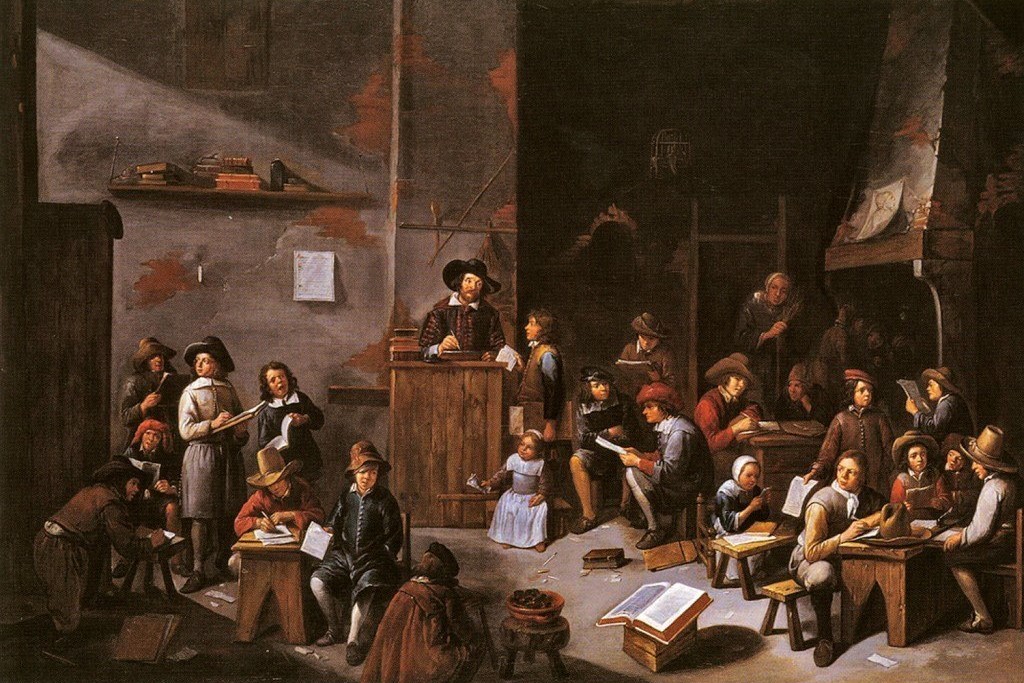Ethics of the Virtual Snow Day
Across the country, schools are experiencing high numbers of school cancellations due to weather and illness outbreaks. While usually these events bring a couple of days off for students, many schools have shifted to virtual teaching instead. Students log on to discussion boards, social media, or school websites and are able to complete assignments, discuss topics with other students, and ask teachers questions. Instead of running longer school days or chipping away at weekends or breaks, students can attend school from their homes. In theory, it is no different than taking online classes, or even going to college, since assignments are completed on your own time rather than in class. Many colleges also have online discussion portions to classes. However, it is unclear if these days will end up counting towards the school’s final total of state-required days.
While these virtual days may stop students and teachers from having to adjust the school calendar, do they help with learning? Some students have said that they do, although there are kinks to be worked out as the process because more commonplace. Some schools have reported higher attendance in virtual classes than at a normal school day, and say students afraid to speak in large classroom settings are more inclined to contribute to discussion. Another question is whether these virtual school days are plausible as a whole, or only for the rich. One private school requires iPads for school, which are used for this purpose. Other schools provide laptops. If virtual snow days became accepted by law and normalized, would schools in poorer communities be able to take advantage of that law, or would they have to continue to operate on the old system of removing days from breaks or extending the school year entirely? Should virtual school days count, when one student may be able to complete assigned work in a half day but another student may struggle for more hours than a normal school day to complete the load?





